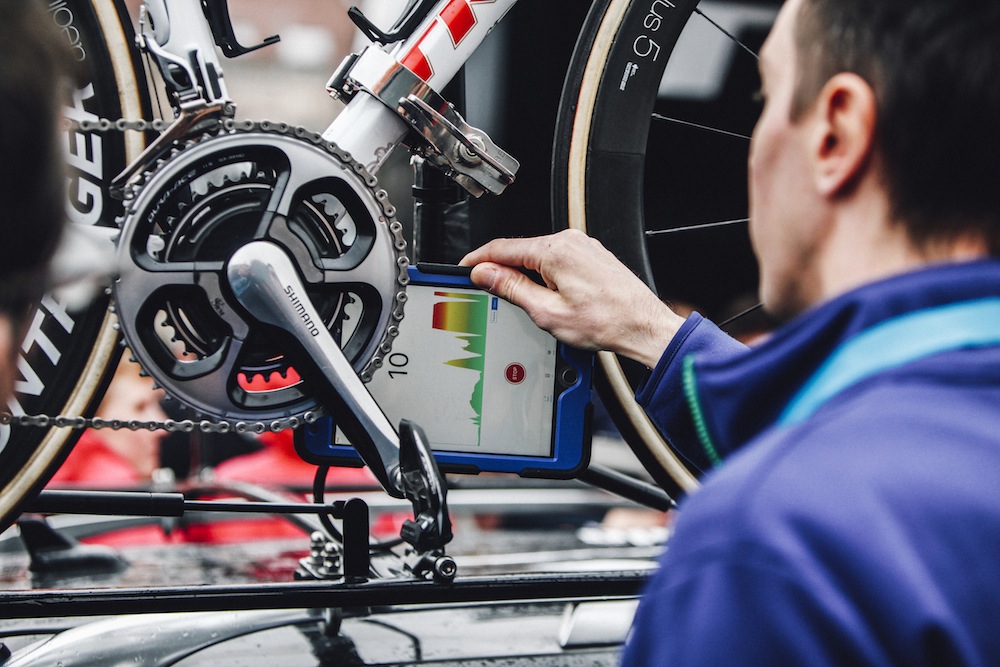French Government reject motion to make motor doping a criminal offence
A motion to criminalise technological and mechanical fraud in France was rejected as too "premature"


The latest race content, interviews, features, reviews and expert buying guides, direct to your inbox!
You are now subscribed
Your newsletter sign-up was successful
The French Government have voted against introducing a law that would have criminalised technical and mechanical fraud in sport. If it had been voted through, those convicted could have faced seven years in prison and been fined up to €150,000.
As part of a wider debate on strengthening the regulation and transparency of professional sport in France, a motion was tabled by one opposition member of parliament that suggested introducing a new crime called technological fraud, specifically relating to incidents of motor doping in cycling - of which Femke Van den Driessche's ban last January remains the only confirmed case to date.
Marc Le Fur, who tabled the proposal, said that he had the support of around 30 fellow MPs and that France should be "at the forefront" in combatting the new type of fraud, saying that it was equivalent to other forms of doping and that by creating a criminal offence, police and gendarmerie could intervene.
>>> British Cycling checked 1,310 bikes for hidden motors in 2016
Mr Le Fur said that a crime could be penalised with a year in prison and a fine up to €3,750. For those involved exporting and the buying or mechanical or technological fraud products in organised crime, prison sentences could have stretched to seven years with fines of €150,000.
However, the majority of the National Assembly said that it was too early to introduce such a crime, given that the problem is not endemic and the respective sporting federations - such as the UCI - have taken measures to prevent technological fraud.
The Assembly, though, did conclude that if the problem persists and develops, the motion could return to Parliament and possibly passed.
The latest race content, interviews, features, reviews and expert buying guides, direct to your inbox!
"If, as in the case of doping, there are no public health issues in this area, it is possible that in the future large-scale fraud will appear and jeopardise the integrity of sport," rapporteur Jeanine Dubié said.
Although defeated, Mr Le Fur was asked to complete a report before the end of 2017 to Parliament about the creation of a crime of mechanical and technological fraud in sport, and how the French anti-fraud agency could be given extended powers to take action against such fraud.
"A report is never a solution in itself, but at least the one I am proposing will offer material to a future majority," Le Fur said, optimistic that the crime would eventually become law.
A freelance sports journalist and podcaster, you'll mostly find Chris's byline attached to news scoops, profile interviews and long reads across a variety of different publications. He has been writing regularly for Cycling Weekly since 2013. In 2024 he released a seven-part podcast documentary, Ghost in the Machine, about motor doping in cycling.
Previously a ski, hiking and cycling guide in the Canadian Rockies and Spanish Pyrenees, he almost certainly holds the record for the most number of interviews conducted from snowy mountains. He lives in Valencia, Spain.
